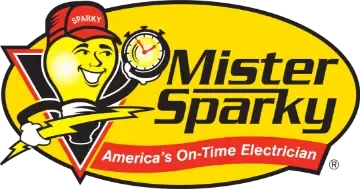How to Install a Windmill in Your Backyard
Have you ever dreamed of generating your own electricity, right in your backyard? That dream could become reality with a residential wind turbine. Wind turbines won't work for everybody, but in the right conditions, they can provide part or all of the power you need to run your home electrical work. Read on to learn more about residential wind power and decide whether home generation is right for you.
Where the Turbines Turn
Wind turbines take up more space than solar panels, and they aren't as suitable for as many properties. For starters, wind turbines work best for homeowners who have at least an acre of property. The more open space you have between buildings and trees, the better. Additionally, they are usually a better option for people who live in rural areas and don't have stringent homeowners associations or local code issues to navigate.
Small, residential wind turbines can range anywhere from 30 to 140 feet tall, with the average being around 80 feet, according to the American Wind Energy Association. Generators usually have a capacity of between 2 and 10 kilowatts, depending on how much power the home needs and what the wind conditions are in the area. Turbines aren't cheap – costs can come in between $10,000 and $70,000 – but there are federal tax credits that help soften the blow, and you can usually recoup your investment in 6 to 30 years, depending on the specifics of your system.
The Power of Wind and Solar Combined
If you want to build in a layer of redundancy in your home power generation, you can combine a wind turbine with solar energy panels on your roof so you can create power in a larger variety of weather conditions. With a powerful storage battery, you'll be well on your way to eliminating electricity bills from your life.
For wind enthusiasts who are still on the grid, you can usually sell excess power that you generate back to your utility company, similar to how the process works for solar energy, helping to drive your electricity bills even lower. A solid turbine should last for at least 20 years, and hopefully much longer, although they do require yearly inspections to keep them running in peak condition.
The U.S. Government Has Your Back
The Department of Energy publishes a consumer guide for small wind electric systems packed full of even more information. If you are interested in learning more about home wind turbines, or need other electrical work performed, call up a trusted electrician today.
